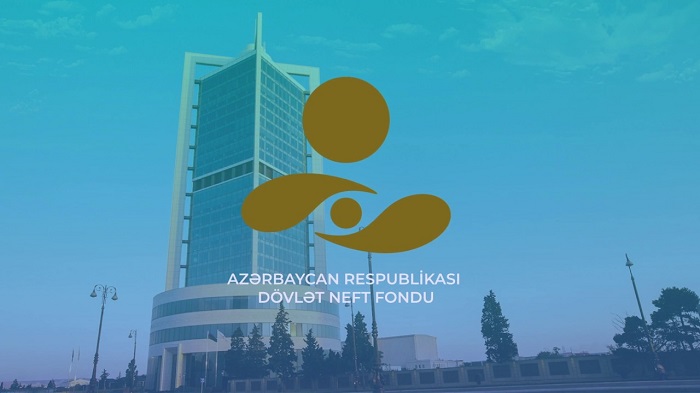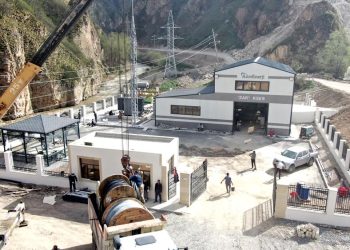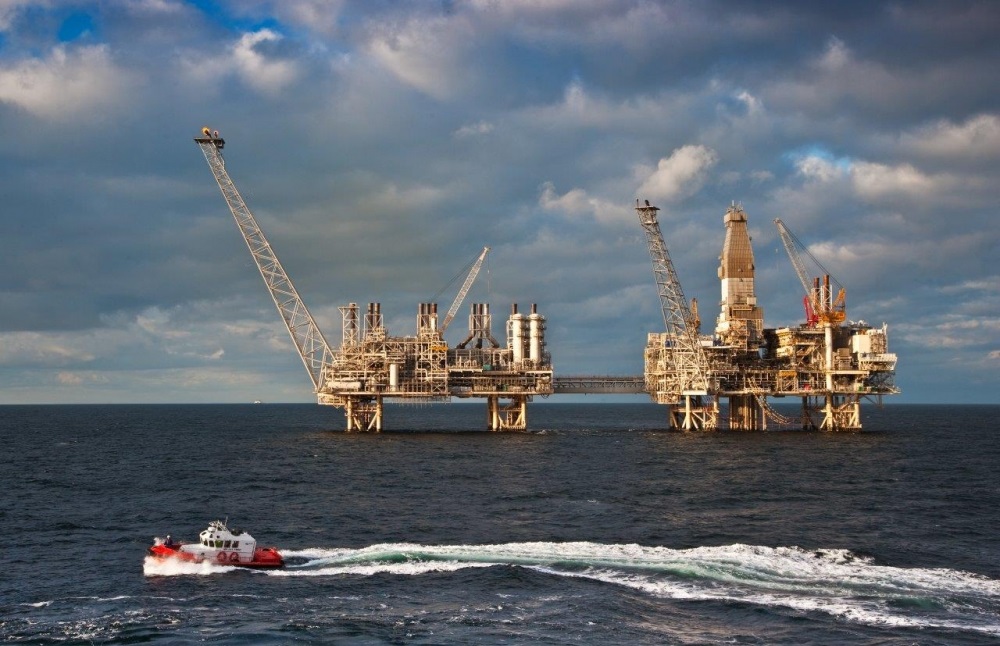Pipeline systems of the Kazakhstan-China Pipeline and the Caspian Pipeline Consortium (CPC) will be expanded given the Kazakh oil refineries’ workload, Kazakhstan’s national operator and the largest oil transportation company KazTransOil said Sept. 15.
“All sections of the Kazakhstan-China oil pipeline system will be expanded taking into account the domestic oil refineries’ workload,” the company’s head, Kairgeldy Kabyldin said in a message.
He said that in providing Kazakhstan’s internal market with oil products, the development of a network of internal pipelines is the most important task along with developing the export potential.
Kabyldin added that the company is making investments to maintain the current assets, ensure the security of the pipeline’s linear part and the efficiency of the pumping stations.
“The investment projects are financed with the help of the company’s own funds, without using the budget (state) funds,” Kabyldin noted.
He said the oil production is expected to boost in the near future, mainly due to a production increase at the Tengiz field and the planned production at the Kashagan field.
Kabyldin said that two major projects are being implemented in this regard.
They include boosting the capacity of the Kazakh section of CPC’s oil pipeline by 2015 to 52.5 million metric tons per year, and increasing the capacity of the Kazakhstan-China oil pipeline system (Atyrau-Kenkiyak-Kumkol-Atasu-Alashankou) to 20 million metric tons per year by 2017-2019 (subject to availability of the resource base).
“The pumping stations-8 and pumping stations -10 have been already commissioned,” he said. “This increased the capacity of the main oil pipeline Atasu-Alashankou up to 20 million metric tons per year. The T. Kasymov pumping station (Atyrau) was also reconstructed.”
The actual implementation of capital investment for the project of the second stage of the second phase of the Kazakhstan-China oil pipeline construction as of June 30, 2014 amounted to 24.3 billion tenge excluding VAT ($ 1 = 182 tenge), the report says.
“The method calculating a single tariff for oil transportation for export and distributing tariff revenues among the owners of the Kazakhstan-China oil pipeline sections have already been approved,” he said.
Three large oil refineries, namely, the Pavlodar Petrochemical Plant – in the north, the Shymkent Plant – in the south, the Atyrau Plant – in the west are operating on the territory of Kazakhstan.
Currently, the total capacity of the plants is about 14 million metric tons of crude oil per year.
The country produced 1.954 million metric tons of motor fuel (gasoline, including aviation fuel) in January-August 2014, which is 15.1 percent more than in the same period of 2013. Moreover, the country produced 3.252 million metric tons of diesel fuel (a 4.9 percent decrease), 2.378 million metric tons of fuel oil (a 7.4 percent decrease) during the reporting period, the Statistics Committee of the Kazakh Ministry of National Economy said.
It was previously reported that Kazakhstan plans to increase oil processing at its refineries up to 17.5 million metric tons by late 2015 compared to 13.7 million tons in 2010.












